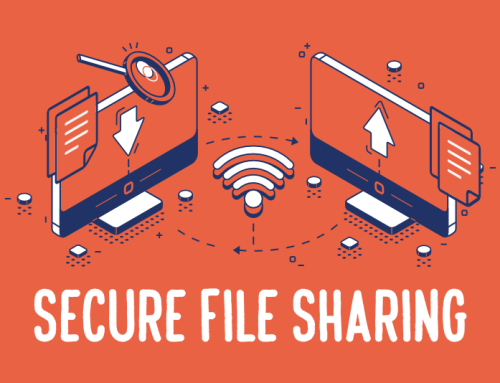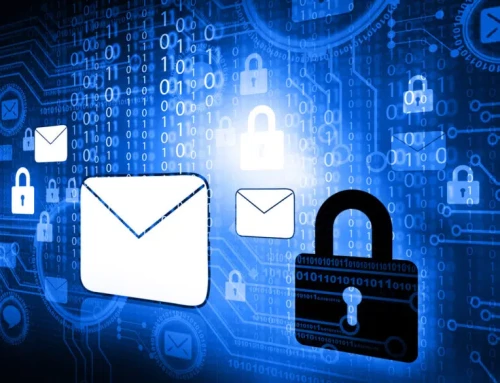Online protection
Online protection has emerged as a critical component of our digital presence in the connected world of today, where the internet plays a significant role in both our personal and professional lives. Cyber threats are expanding at an exponential rate, and people and organizations are becoming more vulnerable, which highlights the need for strong security measures. This article will explore the importance of online security, potential threats, and doable steps you can take to improve your cybersecurity.
The Expanding Cyber Threat Landscape
The strategies used by cybercriminals change along with technology. The risks associated with the digital world are numerous and ever-present, ranging from phishing attacks and malware infections to data breaches and identity theft. Cybercriminals take advantage of system flaws, human error, and a lack of adequate security measures to compromise sensitive data and cause havoc for both people and businesses.
The Importance of Online Protection
Online protection guarantees the security of sensitive personal data, such as financial information, social security numbers, and medical records. You can significantly lower the risk of data breaches and unauthorized access to your personal information by putting in place efficient security measures like strong passwords, encryption, and two-factor authentication.
Protecting Financial Assets
With the development of online banking, e-commerce, and digital payment systems, it is more important than ever to safeguard your financial assets. To stop fraud and financial losses, it is crucial to implement online protection measures like secure payment gateways, encrypted connections, and routine financial transaction monitoring.
Online reputation preservation: In the age of social media and online networking, our online presence frequently serves as our virtual identity. Cyberattacks that spread false information or compromise social media accounts can seriously harm your online reputation. Your digital image can be protected by using strong passwords, enabling privacy settings, and being cautious when sharing personal information.
Business continuity
For organizations, online protection is essential to ensuring efficient operations, protecting customer data, and upholding a reliable brand reputation. Firewalls, intrusion detection systems, and routine data backups are just a few examples of cybersecurity measures that are necessary to reduce the risk of cyberattacks, which can disrupt services, cause financial losses, and erode customer trust.
Practical Steps for Enhanced Online Protection
Strong and Unique Passwords: For all of your online accounts, create lengthy passwords that you don’t reuse. To generate and store passwords safely, think about using a password manager.
Enable two-factor authentication (2FA) whenever you can because it adds an extra layer of security by requiring a second form of verification in addition to your password, such as a code sent to your mobile device.
Update software regularly
To ensure you have the most recent security patches and bug fixes, update your operating system, web browsers, and applications on a regular basis.
Be Alert for Phishing Attempts: Use caution when opening attachments or clicking links in emails, especially if they seem dubious. Check the sender’s identity before responding, and watch out for phishing scams that aim to steal your personal data.
Secure Wi-Fi Networks
Protect your home Wi-Fi network with strong passwords, and stay away from connecting to unsecured public Wi-Fi networks because they are easily hacked.
Use antivirus software: To identify and get rid of malware threats, install dependable antivirus software on your devices and keep it updated.
Create Regular Backups of Your Important Files: To make sure you can recover your data in the event of an incident, create regular backups of your important files and store them securely, either offline or in cloud-based storage.
As our lives become increasingly intertwined with the digital world, safeguarding our online presence is of paramount importance. By adopting a proactive approach to online protection and implementing robust security measures, we can mitigate the risks posed by cyber threats
RAM Internet Security is the best way to protect your online data when using public Wi-Fi is to use a virtual private network (VPN). All your internet traffic is routed through this tunnel, making your data more secure. If you connect to a public network using a VPN, other people on that network shouldn’t be able to see what you’re doing, providing enhanced internet protection.








